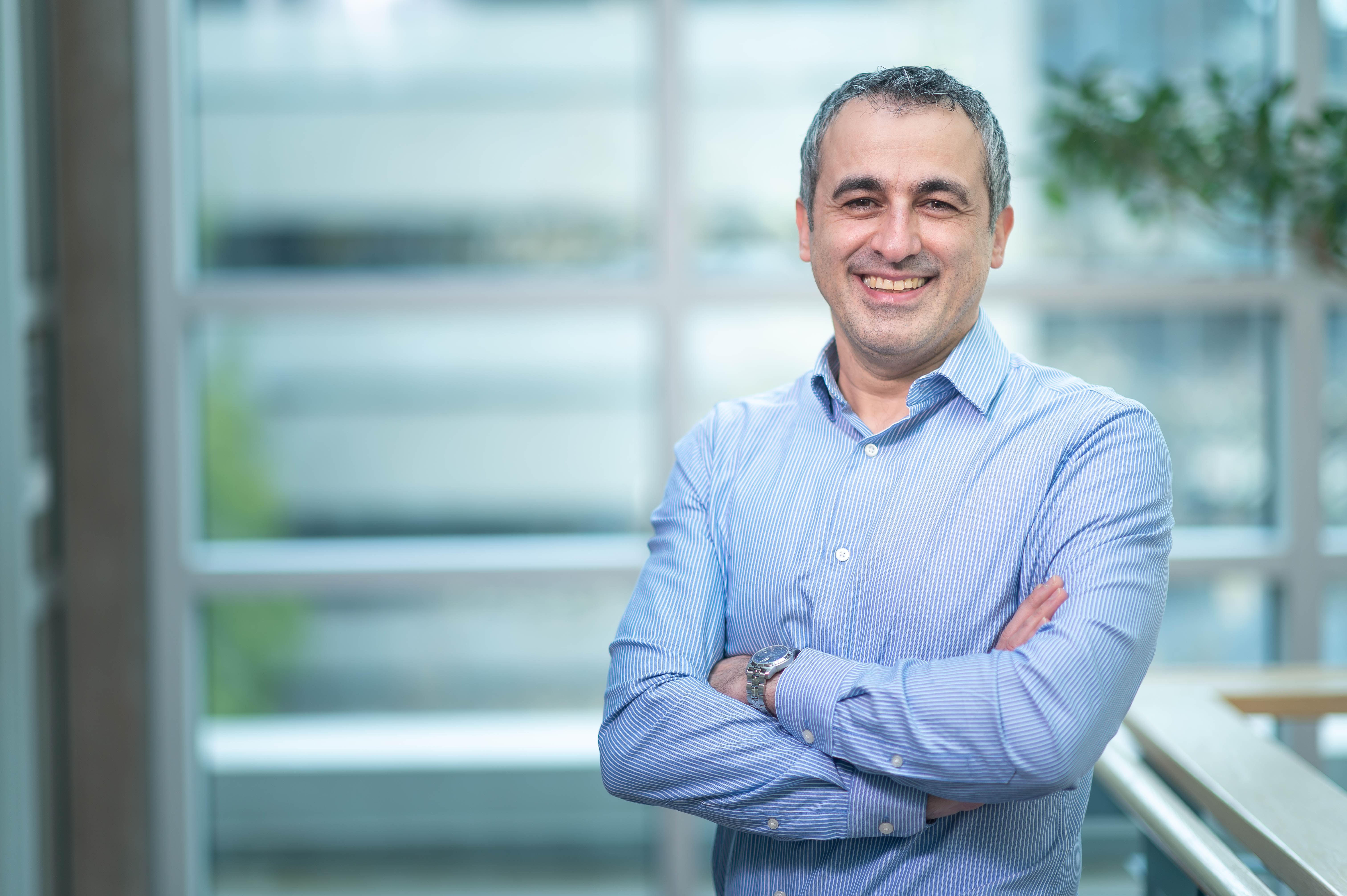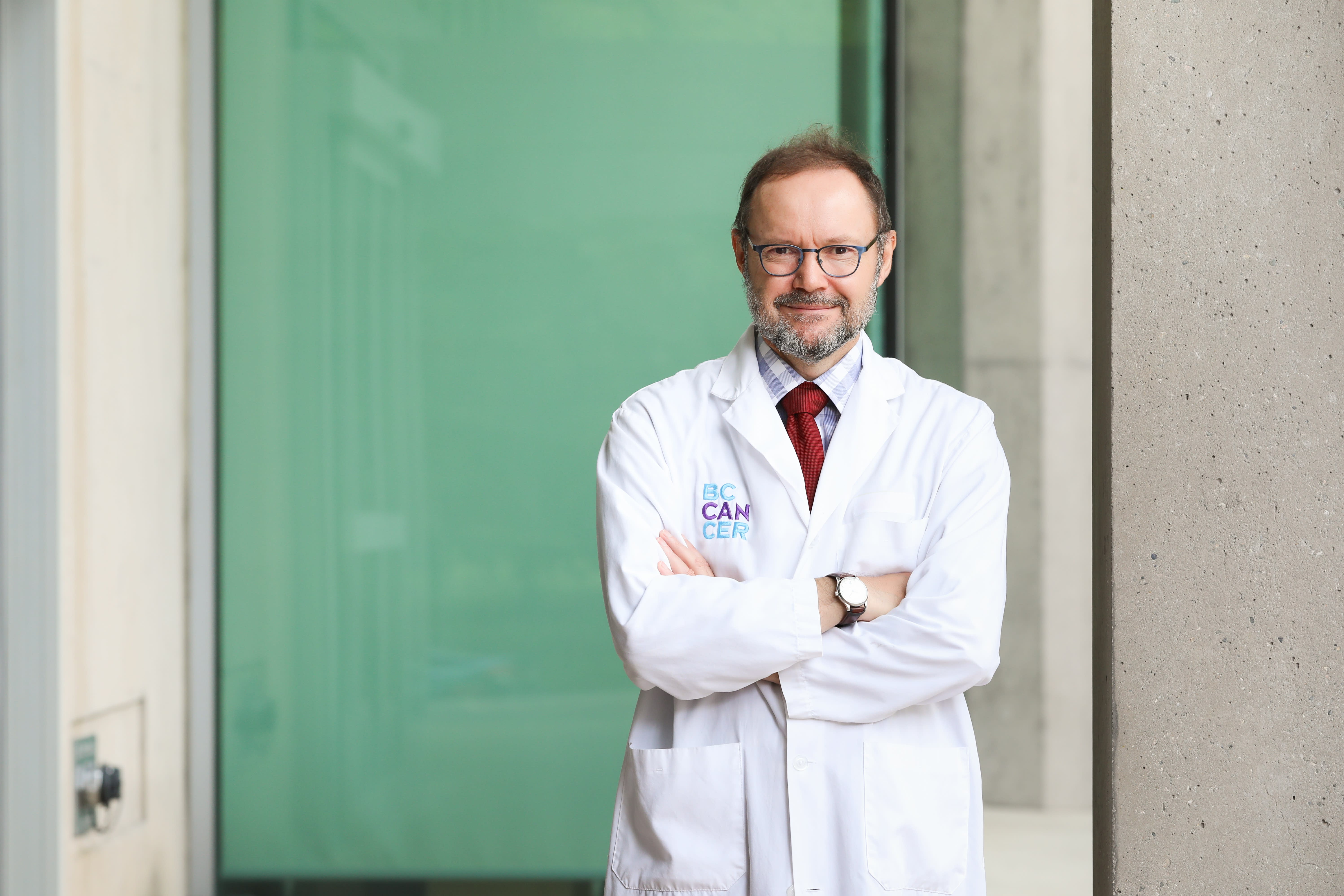October 7, 2009, Vancouver, B.C., Canada – For the first time in history, BC Cancer Agency scientists in British Columbia, Canada have decoded all of the three billion letters in the DNA sequence of a metastatic lobular breast cancer tumour, a type of breast cancer which accounts for about 10 per cent of all breast cancers, and have found all of the mutations, or “spelling” mistakes that caused the cancer to spread.
The landmark study, which will be published October 8th as the cover story in the prestigious international science journal Nature, helps unlock the secrets of how cancer begins and spreads, thus pointing the way to the development of new breast cancer treatment targets and therapies.
“One in nine women is expected to develop breast cancer, and breast cancer accounts for 29 per cent of all cancer diagnoses for B.C. women,” said Health Services Minister Kevin Falcon. “As a result of the efforts of the scientists behind the study, this breakthrough finding gives further hope to the thousands of women with this terrible disease.”
“I never thought I would see this in my lifetime,” said Dr. Samuel Aparicio, head of the breast cancer research program at the BC Cancer Agency, an agency of the Provincial Health Services Authority (PHSA). “This is a watershed event in our ability to understand the causes of breast cancer and to develop personalized medicines for our patients. The number of doors that can now be opened to future research is considerable.”
Partnering with the BC Cancer Agency’s Genome Sciences Centre, Dr. Aparicio’s team used the latest in next-generation DNA sequencing technology to study the evolution of a single patient’s lobular breast cancer tumour over a nine-year interval. They found 32 mutations in the metastatic cancer tumour and then looked to see how many of those same spelling mistakes were present in the original tumour. The result was surprising – only five of the 32 could have been present in all of the cells of the primary tumour, thus fingering them as the criminals that caused the disease to get started in the first place. These five mutations were previously unknown to researchers as playing a role in cancer.
“This study demonstrates the remarkable capacity of next-generation DNA sequencing technology,” says Dr. Marco Marra, Director, BC Cancer Agency’s Genome Sciences Centre. “The project that decoded the first human genome in 2001 took years and an enormous amount of funding. We were able to sequence the breast cancer genome in weeks and at a fraction of the cost.”
“Through our research at the BC Cancer Agency, we are dedicated to finding new and novel ways to detect cancer earlier and to develop more enhanced treatments,” said Brian Schmidt, Interim President, BC Cancer Agency and Senior Vice President, Provincial Services, Population and Public Health, PHSA. “This discovery is a wonderful example of how investment in research is helping to pave the way toward better outcomes for cancer patients in the future.”
The discovery is not only a major scientific milestone for the BC Cancer Agency, an acknowledged world leader in cancer research care, but also a significant testimony to the power of philanthropy invested in science to fuel cancer research and drive new discoveries.
“The BC Cancer Foundation, as the fundraising arm of the agency, has raised over $15 million to support breast cancer research at the BC Cancer Agency across the province, including Dr. Aparicio’s program, through its Weekend to End Breast Cancer walk,” said BC Cancer Foundation President and CEO Douglas Nelson. “We are very grateful to the many thousands of British Columbians who have walked, donated and supported The Weekend to End Breast Cancer over the past six years. To everyone who has walked or contributed we can confidently say your efforts have made a difference – you are a partner in this remarkable achievement.”
The BC Cancer Foundation founded the BC Cancer Agency’s Genome Sciences Centre, the Centre for Translational and Applied Genomics at the BC Cancer Agency, and the BC Cancer Agency’s Breast Cancer Outcomes Unit, all of which played a key role in the study. The research was conducted in the BC Cancer Agency’s research centre in Vancouver, which was constructed by the BC Cancer Foundation, with donor and provincial and federal government funding.
The Canadian Breast Cancer Foundation, BC/Yukon Region supported a key member of Dr. Aparicio’s research team through a bioinformatics fellowship. Other funders and supporters include the Canadian Institutes for Health Research, Genome Canada and Genome BC, the Canadian Foundation for Innovation, and the Michael Smith Foundation for Health Research.
Dr. Aparicio was recruited in 2005 from Cambridge University, UK to develop a breast cancer research program in British Columbia at the BC Cancer Agency. He holds the Nan and Lorraine Robertson Chair in Breast Cancer Research at the University of British Columbia (UBC), the Canada Research Chair in Molecular Oncology and is a professor in the Department of Pathology and Laboratory Medicine at UBC.
The BC Cancer Agency is committed to reducing the incidence of cancer, reducing the mortality from cancer and improving the quality of life of those living with cancer. It provides a comprehensive cancer control program by working with community partners to deliver a range of oncology services, including prevention, early detection, diagnosis and treatment, research, education, supportive care, rehabilitation and palliative care. The BC Cancer Foundation raises funds to support research and enhancements to patient care at the BC Cancer Agency throughout B.C.
Media Contacts:
Judy Hamill
BC Cancer Foundation
Email: jhamill@bccancer.bc.ca
T: 604.707.5934
C: 604.802.6984
Sonya Kruger
BC Cancer Agency
Email: skruger@bccancer.bc.ca
Tel: 604.877.6020
Pgr: 604-205-4300


